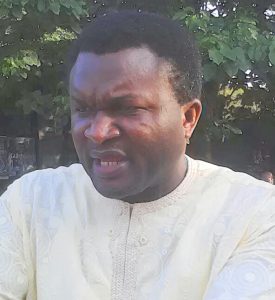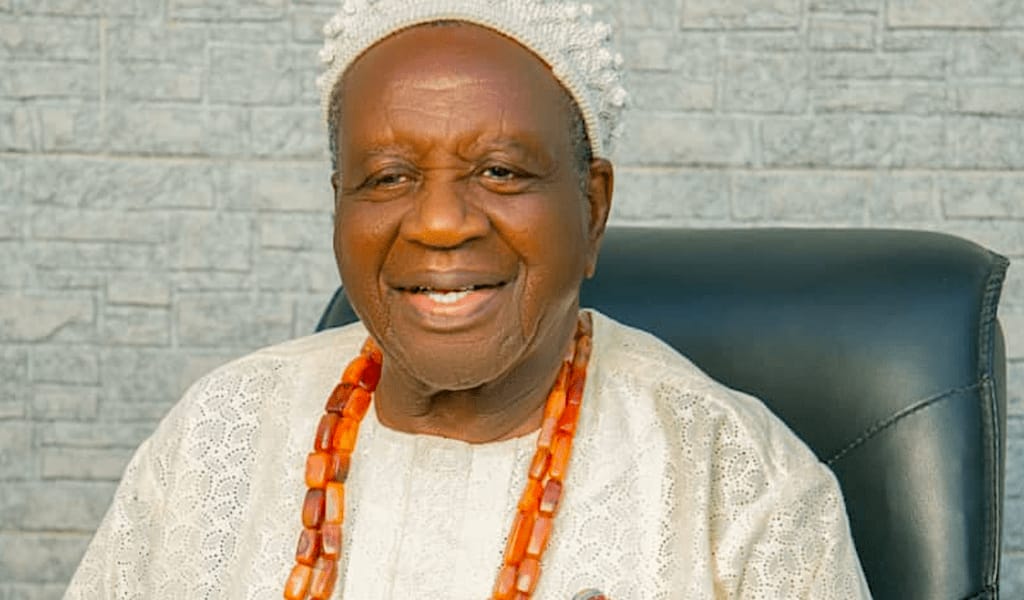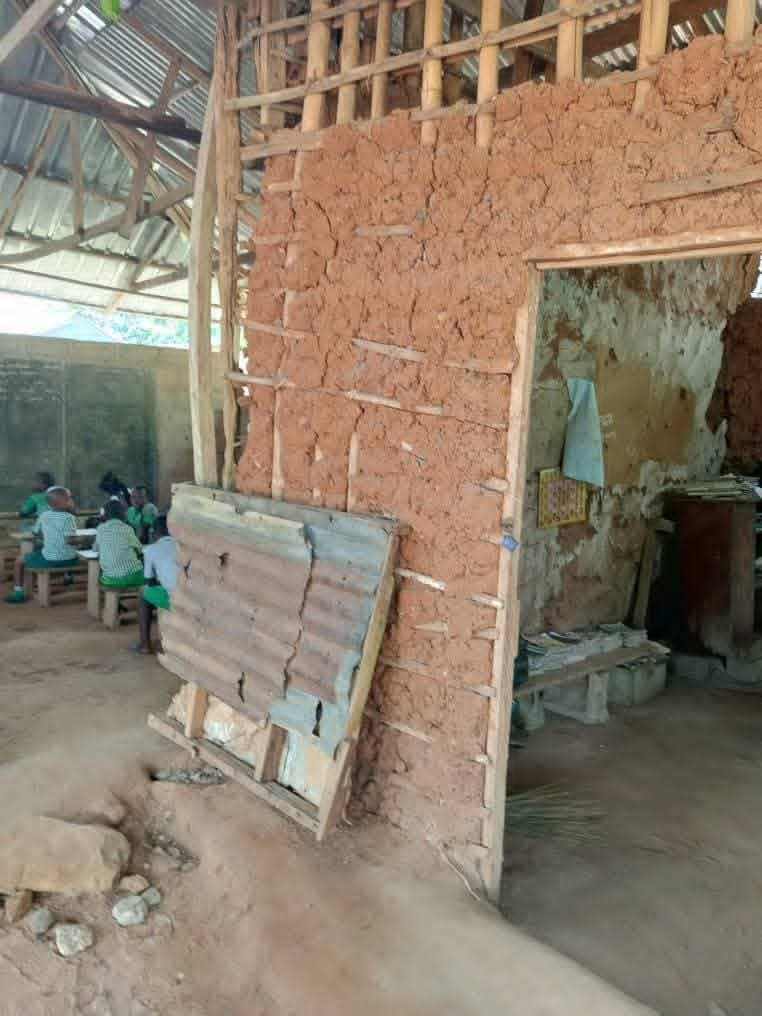
When Jarigbe Agom Jarigbe crossed from the Peoples Democratic Party, PDP, to the All Progressives Congress, APC, the move was more than a headline?grabbing defection; it reshaped the internal balance of the ruling party in Cross River State and altered the calculus for every contender eyeing the 2027 senatorial ticket in Cross River North. Let me attempt a subtle examination of the immediate and longer?term consequences of Jarigbe’s arrival, the ripple effects on APC’s internal politics and the strategic adjustments now confronting his would?be opponents.
Jarigbe’s switch added another seat to the APC’s already sizable Senate bloc, pushing the caucus close to 77 members. This numerical boost reinforced the party’s legislative dominance and gave the APC additional leverage in committee assignments and floor negotiations. Overnight, the APC could firmly brand the Cross River North Senatorial seat as “already won,” citing Jarigbe’s proven vote?getting record (the 2019 and 2023 victories) and his deep grassroots network across the five LGAs that make up Cross River North. The party’s messaging pivoted from “securing a seat” to “protecting a stronghold.”
Power Realignment–
Jarigbe’s close ties with Nigeria’s President, Bola Ahmed Tinubu and Senate, Godswill Akpabio, meant his defection was quickly embraced by the party’s national leadership, granting him preferential access to federal patronage and project allocations for his constituency. Within Cross River APC, the senator’s arrival intensified competition among existing power?brokers. Long?standing factions led by a former governor and state legislators now view Jarigbe as both a potential ally and a rival for influence over party structures, candidate selection, and resource distribution.
The 2027 APC primary, previously a relatively quiet affair, is now a two?way scramble: Jarigbe, the incumbent Senator (potentially seeking re?election under APC), and other aspirants who must now contend with Jarigbe’s established brand and the party’s inclination to back a proven winner. Party leaders may attempt to soothe intra?party tensions by offering “consolation” slots (e.g., House of Representatives or local government seats) to dissuade strong challengers from defecting to other parties.
The incumbent Senator, Jarigbe, now faces the challenge of defending against a fellow APC heavyweight with a similar base. In response, the incumbent is likely to emphasize legislative performance and seek cross?party support to appeal to party loyalists. Former Cross River State governor, Ben Ayade, with a strong financial network and state machinery, will for sure contend with a candidate who wields both grassroots reach and national connections; he may leverage his gubernatorial legacy (which I am afraid is negative), mobilize state resources and possibly negotiate a coalition to offset Jarigbe’s advantage.
Youthful or first?time aspirants, previously positioned on a fresh, social?media?driven platform, now compete against a well?known name with proven vote?delivery. Their strategy may focus on anti?establishment sentiments, pushing for generational change, and seeking alliances either within the PDP or with third parties to present a united front against the new APC juggernaut.
For the PDP’s heavyweight, the task is to counter a ruling?party juggernaut while managing internal PDP fissures. The PDP may highlight the APC’s national unpopularity, stress “home?grown” PDP loyalty, and consider a third?party alliance to regain relevance in the constituency. Has the defection of Jarigbe diminished the PDP’s popularity and strength? Yes. Can ADC be potentially formidable? Not now, not in today’s Cross River State.
While Jarigbe’s integration has bolstered the APC’s numerical strength, the heightened competition has also increased the risk of factional disputes, especially if primary outcomes are contested. Assuming Jarigbe maintains his grassroots machinery and secures adequate federal patronage, the APC’s chances in Cross River North will markedly improve. Conversely, if internal squabbles spill into the general election, the PDP or a third party could capitalize on a divided APC vote. Additionally, with a senator who chairs the Senate Committee on Gas accompanied by a visible presence in national discussions, Cross River North may attract more infrastructure projects, further cementing Jarigbe’s reputation as a deliverer—a factor that will weigh heavily in 2027.
Jarigbe Agom Jarigbe’s transition to the APC has been a decisive inflection point: it reinforced the party’s legislative majority, triggered a reconfiguration of power relations within the state APC, and forced all prospective Senate contestants to recalibrate their strategies. The net effect is a more competitive, yet potentially volatile, political environment in Cross River North, where the “unbeatable” label attached to Jarigbe will be tested not only by the opposition but also by the very dynamics he helped unleash within his new party.
Agi, a former Bursar of the University of Calabar, writes from Calabar.












